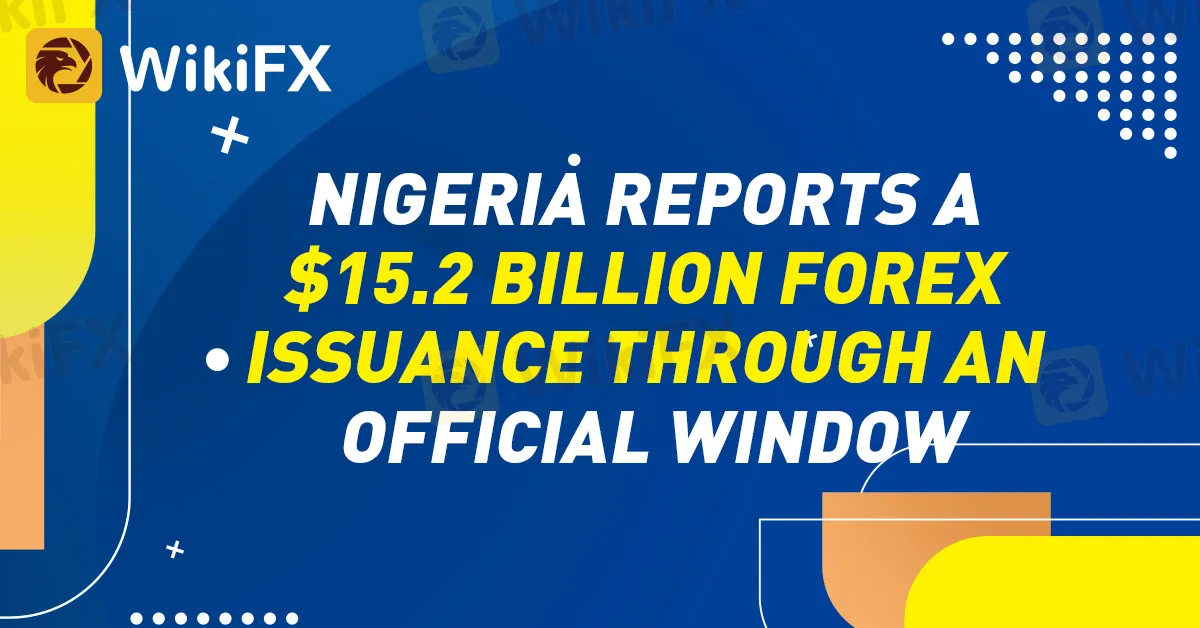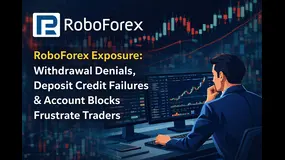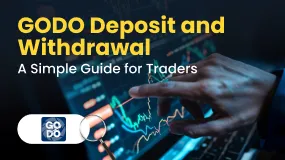Abstract:The foreign currency through the official window climbed to $15.2 billion in 2022, up 46.4% from 2020 and 17.7% from 2021.

The foreign currency through the official window climbed to $15.2 billion in 2022, up 46.4% from 2020 and 17.7% from 2021.
The Investors and Exporters (I&E) window, which supplied all of the FX in the official window, was the main cause of the increase.
The Bureau De Change (BDC) market's shortage, including the naira's depreciation and a shortage of FX .
According to figures from the Central Bank of Nigeria (CBN), Nigeria's FX supply through the official window grew to $15.2 billion in 2022.
This is an increase of 46.4% from the $10.4 billion in 2020 and a 17.7% rise from the $12.9 billion in 2021.
The wholesale and retail Dutch auction systems, the interbank market, the bureau de change (BDC) market, the investors and exporters (I&E), the small and medium enterprises (SME) and invisibles divisions, are all included in the official window.
Following is a breakdown of the FX supply through the official window in 2022:
In February 2015, the CBN discontinued this segment, and the WDAS/RDAS recorded nil supply.
Since the CBN combined the Interbank market with the I&E window in August 2017, there was no supply.
Since the CBN ceased selling FX to BDC operators in July 2021 due to abuse, BDC market had no supply.
100% of the total currency supply through the official window, or $15.3 billion, was registered in the I&E window. This is an increase of 54.8% from the $9.9 billion in 2020 and a 5.6% rise from the $14.5 billion in 2021.
NEGATIVE EFFECTS FOR BDC OPERATORS OF ZERO SUPPLY
The shortage of currency availability from the BDC market was one of the elements that led to the devaluation of the naira in 2022. A section of the official window called the BDC market is where authorized operators buy and sell FX to retail consumers at a profit.
For many Nigerians, the BDC market serves as a source of income and frequently provides liquidity to the currency market. But in July 2021, the CBN stopped giving foreign currency to BDC owners after accusing them of indulging in stockpiling, speculation, and money laundering.
According to the CBN, BDC providers overcharge and exploit their customers. With no supply on the BDC market in 2022, the I&E window became the only source of foreign exchange.
WHAT YOU MUST UNDERSTAND
A section of the official window known as the I&E window is where authorized dealers and purchasers can transact in foreign exchange at rates set by the market. The CBN launched the I&E window in April 2017 to increase market liquidity and transparency. It makes it possible for exporters and international investors to buy and sell currency at rates set by the market.
The I&E window had a $15.3 billion supply in 2022, but this was insufficient to fulfill high need for FX. As a result, there was a shortage of foreign exchange, which exerted pressure on the naira and caused it to weaken by 9.4% against the dollar in 2022.
There are a number of reasons why there will be more FX available through the official window in 2022, including:
Nigeria's foreign reserves and export revenues prices and output increased.
The CBN's implementation of the Naira for Dollar program encouraged remittance inflows from Nigerians living abroad.
Exchange rates were synchronized by the CBN's deployment of the Nigerian Autonomous Foreign Exchange Rate Fixing (NAFEX) mechanism.
Trade made easier by the restoration of international borders and airports.
The CBN will continue to intervene to strengthen the naira in 2023, therefore the official window would either remain unchanged or grow even more.










